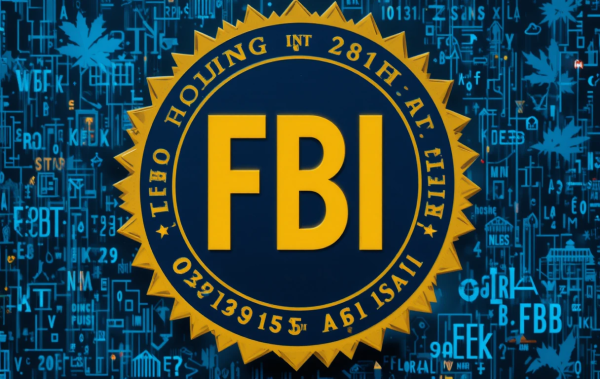Trump Shakes Up FBI Leadership: Podcaster Dan Bongino Tapped as Deputy Director

Trump Shakes Up FBI Leadership: Podcaster Dan Bongino Tapped as Deputy Director
In a move that’s sparking intense debate across political circles, former President Donald Trump has announced conservative commentator and podcast host Dan Bongino as his pick for deputy director of the FBI. The unexpected nomination—raising eyebrows from Capitol Hill to mainstream media—signals a potential shift in the bureau’s leadership strategy, blending Bongino’s law enforcement background with his fiery partisan advocacy. Here’s what you need to know.
Who Is Dan Bongino? From Secret Service to Spotlight
Before dominating airwaves as a vocal Trump ally, Bongino built a career in law enforcement. A former New York Police Department (NYPD) officer and Secret Service agent, he served under Presidents George W. Bush and Barack Obama. After retiring in 2011, he pivoted to media, launching The Dan Bongino Show, a podcast and YouTube channel that amassed millions of followers by dissecting conservative talking points, critiquing Democratic policies, and defending Trump’s agenda.
Bongino’s resume also includes short-lived political campaigns—a 2014 Maryland congressional bid and a 2016 Senate run in Florida—both ending in defeat. Despite setbacks, his influence in right-wing media has only grown, positioning him as a bridge between grassroots Trump supporters and establishment Republicans.
Why This Pick Matters: Loyalty Over Tradition?
Trump’s decision to nominate Bongino breaks from the FBI’s historical precedent of appointing career law enforcement officials to top roles. Current Director Christopher Wray, for instance, is a former federal prosecutor and Department of Justice veteran. Critics argue Bongino’s lack of FBI-specific experience and his overt political persona could undermine the bureau’s reputation for neutrality.
Supporters, however, see the move as a long-overdue shake-up. “The FBI needs leaders who aren’t afraid to drain the swamp,” said a Trump spokesperson, echoing the former president’s frequent critiques of the agency. Bongino has repeatedly accused the FBI of political bias, particularly during the Trump-Russia investigation, making him a symbolic choice to “restore trust” among conservatives.
Mixed Reactions: Praise, Backlash, and Questions
The announcement has drawn sharp divides. Republican lawmakers like Sen. Ted Cruz (R-TX) applauded the pick, calling Bongino “a fighter who’ll hold the deep state accountable.” Meanwhile, Democrats and some former FBI officials warn of politicization. “This isn’t about competence—it’s about loyalty to Trump,” said a retired FBI supervisor, who requested anonymity.
Civil liberties groups have also expressed concern. “Putting a partisan commentator in charge of federal law enforcement sets a dangerous precedent,” said ACLU spokesperson Jenna Grossman. “The FBI’s decisions must be guided by facts, not political vendettas.”
What’s Next for the FBI?
If confirmed, Bongino would step into a role overseeing daily operations and strategic initiatives at the FBI. Key challenges await, including addressing cybercrime, domestic extremism, and public skepticism. His ability to navigate these issues while managing internal dissent—many agents reportedly oppose the appointment—will test his leadership.
Trump’s endorsement guarantees Bongino a spotlight, but his success may hinge on whether he can transition from pundit to policymaker. As one former colleague noted, “Dan’s got the guts, but leading the FBI isn’t the same as ranting on a podcast.”
A New Era or a Political Gamble?
Trump’s nomination of Dan Bongino underscores his relentless drive to reshape federal institutions in his image. Whether this move strengthens the FBI’s mission or deepens its politicization remains to be seen. One thing’s clear: In Trump’s playbook, loyalty often trumps tradition—and this pick is no exception.
Stay tuned as confirmation hearings unfold, promising heated debates over the future of American law enforcement.




